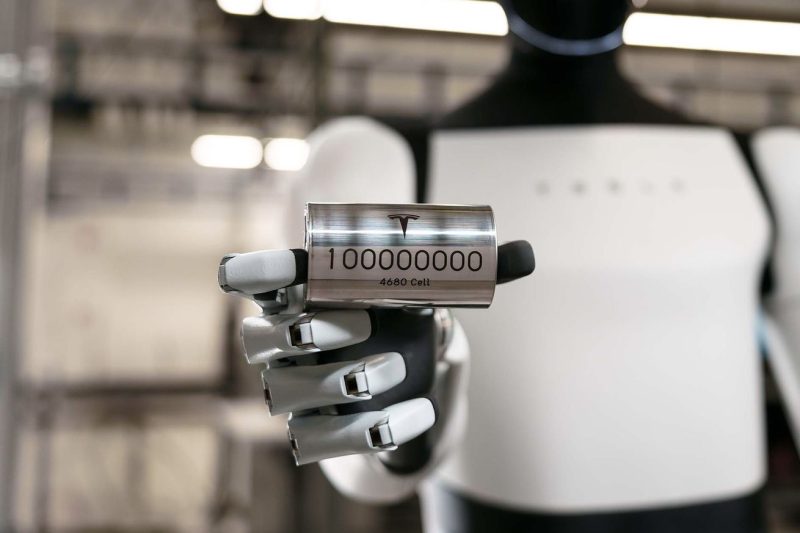The continuous advancement of technology has led to exciting innovations in the energy storage sector. One of the significant developments in recent times is Tesla’s introduction of the 4680 cell, touting it as a game-changer in the industry. However, the world’s biggest battery maker has expressed skepticism about the long-term success of this new cell design.
Panasonic, a major player in the battery manufacturing industry, has raised concerns over the viability of Tesla’s 4680 cells. While the 4680 cell promises improvements in energy density, power output, and cost reduction compared to traditional battery cells, Panasonic believes that mass-producing this new design may not be as straightforward as Tesla expects.
The 4680 cell is larger than conventional battery cells, allowing for increased energy storage capacity and better performance. Tesla aims to leverage this new design to enhance the range and efficiency of its electric vehicles significantly. However, Panasonic’s reservations stem from the complexities involved in transitioning from current battery production processes to manufacturing the 4680 cells at scale.
According to Panasonic, achieving the desired economies of scale and consistency in producing the 4680 cells may pose challenges. The intricate nature of the manufacturing process, combined with the need for precise quality control measures, could potentially hinder the seamless ramp-up of production volumes. This skepticism about the feasibility of mass-producing the 4680 cells raises questions about Tesla’s ambitious timeline for integrating this new technology into its vehicles.
Despite the doubts raised by Panasonic, Tesla remains optimistic about the potential of the 4680 cell to revolutionize the battery industry. Elon Musk, Tesla’s CEO, has emphasized the importance of vertical integration in enhancing efficiency and driving innovation within the company. Tesla’s decision to manufacture its batteries in-house, including the 4680 cells, reflects its commitment to pushing the boundaries of battery technology.
Moreover, Tesla’s ongoing investments in research and development, coupled with its strategic partnerships with suppliers like Panasonic, indicate its dedication to overcoming any obstacles in implementing the 4680 cell technology. The company’s focus on innovation and sustainability aligns with its long-term vision of accelerating the transition to clean energy solutions.
In conclusion, the emergence of Tesla’s 4680 cell as a potential breakthrough in battery technology has sparked a mix of excitement and skepticism within the industry. While Panasonic raises valid concerns regarding the challenges of mass-producing the new cell design, Tesla’s unwavering determination to drive innovation and push the boundaries of what is possible in energy storage instills confidence in the future of the 4680 cell. As the world strives towards achieving greater sustainability and efficiency in energy storage solutions, the developments surrounding the 4680 cell underscore the dynamic nature of the battery industry and the relentless pursuit of technological progress.


























